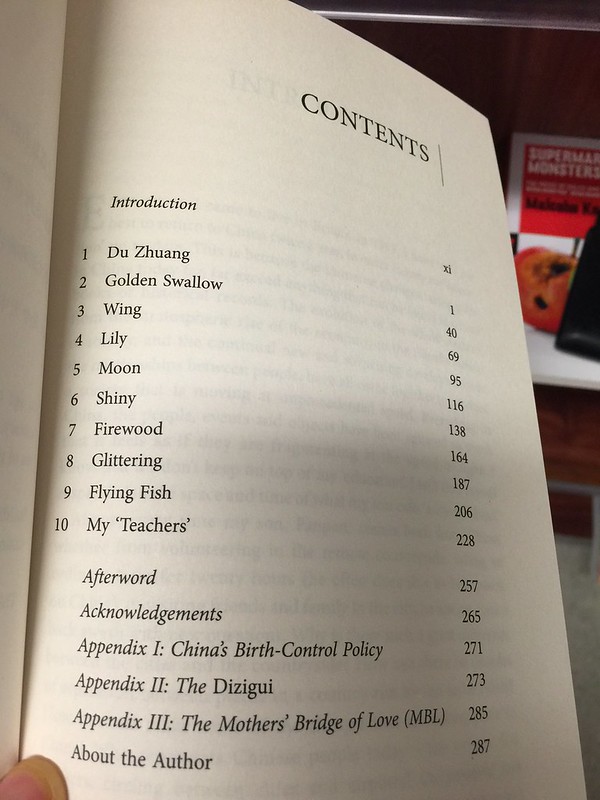I always think I could be reading more, especially non-fiction. But I’m pretty sure I don’t need to beat myself up about this because really when I say I need to read more, I’m thinking that I need to read MORE BOOKS. About FACTS. And THINGS. And INSPIRATION. From cover to cover. In reality I already read a lot of these types of things. It’s all just on the web, rather than on paper, encapsulated between two pieces of thicker paper. When it comes to non-fiction books, though, I probably only read one or two a year. If I counted all the non-fiction I don’t finish, the number would be a lot higher.
Regardless of how reasonable I try to tell myself to be – that I read enough – I still find myself reading things about reading. How to read more. READ MORE. MORE BETTER.
So the other day I came across this piece on Medium, by David Kadavy: Why I Stopped Using Bookmarks. It’s not a long piece so you might be interested in what he has to say about reading non-fiction, but in short, he suggests that rather than forcing yourself to read a book from cover to cover, just go through it, get a sense of it, read the bits that interest you. He explains how he does this:
My reading generally travels through these phases:
What is this book about? I read the table of contents carefully, trying to understand what each chapter is about. Do any of these chapters stick out as more interesting?How is the argument structured? I scan the beginning of each chapter, trying to find its central premise. I try to understand how it fits with the rest of the chapters to form the overall argument of the book.
“Magnet” chapters. The chapters that are most interesting to me are my “magnet” chapters. I scan the subheads in these chapters, or occasionally dive in and read linearly.
Fill in the gaps. I now have a good sense of the whole book (and I’ve only been reading about 30 minutes). I review the table of contents, and — now that I’ve read my “magnet” chapters — other chapters may interest me more than they did before. I can quickly go scan those chapters.
What makes my head explode about this, is the concept that instead of reading like this:
“I will read this book page-by-page, and I will feel accomplished that I finished the book.” (David’s words)
…One can read like this:
“I will read the parts of this book that are interesting to me. No more, no less.”
Oh, and he says that for this to work, one has to read paper books, because it’s too hard to flip through an ebook.
So I tried this in the campus bookshop the other day. I picked up a book, Xinran’s Buy Me The Sky: The Remarkable Truth of China’s One-Child Generations. (Interview with Xinran here.)
The table of contents:
As you would say in Chinese: AIYA!

6 Comments
It’s an interesting idea – and I can see how it’d work very effectively in many instances. But how would it work with things like life stories/memoirs etc.? This is my preferred NF genre, but they generally have a story arc similar to fiction. I think I might lose the thread if I delved randomly.
Yeah, I don’t know if this would work for all books.
I’m still looking for a book I can try this technique with. The other thing is that my preferred format is ebook rather than paper.
The appendices are easier to figure out than the chapters in that TOC – and I have no idea what Dizigui means!
😂😂😂